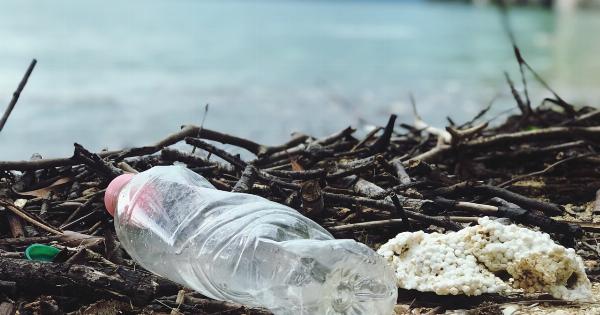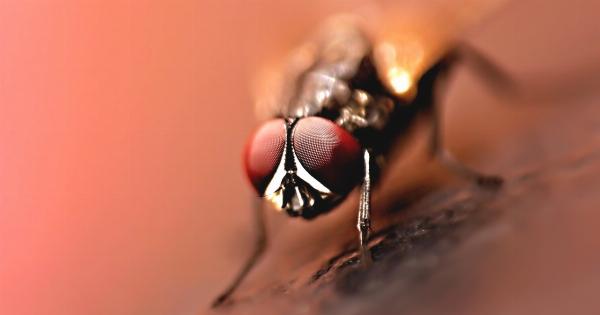Plastic pollution has become a pressing issue across the globe, and the United Kingdom is no exception. The excessive use of single-use plastics and the inadequate waste management systems have led to a plastic pollution epidemic in the country.
The detrimental impact on the environment, wildlife, and human health necessitates urgent action to address this crisis.
The Rise of Single-Use Plastics
In recent decades, there has been a significant increase in the production and consumption of single-use plastics in the UK. These include items such as plastic bottles, bags, packaging, and disposable cutlery.
The convenience and affordability of these products have contributed to their widespread use, but their short lifespan creates a massive waste management problem.
The UK alone uses over 35 million plastic bottles every day, of which only a fraction is recycled. The majority ends up in landfills or, even worse, in the natural environment, causing severe damage to ecosystems.
Plastic bags, another major contributor to pollution, take hundreds of years to decompose and often end up in rivers and oceans, harming marine life.
The Convenience Culture.
The Inefficiency of Waste Management Systems
The UK’s waste management systems have struggled to cope with the ever-growing amounts of plastic waste. A report by the Ellen MacArthur Foundation estimates that only 14% of plastic packaging is recycled globally.
The UK falls short of this average, with a recycling rate of under 5% for plastic packaging.
A major challenge in the recycling process is the lack of infrastructure and investment in recycling facilities. Many local councils do not have the resources to collect, sort, and process plastic waste effectively.
As a result, a significant amount of plastic ends up in landfills, contributing to the pollution problem.
The Role of Microplastics.
The Devastating Impact on the Environment
Plastic pollution has severe consequences for the environment. The plastic waste that ends up in water bodies is often broken down into microplastics—tiny plastic particles less than 5mm in size.
These microplastics pose a significant threat to marine life, as they are consumed by fish, birds, and other marine creatures.
The ingestion of microplastics can lead to internal injuries, digestive problems, and even death for marine animals. Additionally, microplastics can accumulate toxins and pollutants from the surrounding environment.
When these microplastics are consumed by humans through seafood, the toxins can potentially harm human health too.
The Need for Legislation and Regulation.
Initiatives and Solutions
Recognizing the urgency of the plastic pollution crisis, the UK government has introduced several initiatives to reduce plastic waste. One such measure is the plastic bag charge, which was implemented in 2015.
The charge has successfully reduced plastic bag usage by over 85%, demonstrating the effectiveness of targeted policies.
Furthermore, the UK government plans to implement a ban on the sale of plastic straws, stirrers, and cotton buds from April 2020.
By prohibiting the use of these single-use plastics, the government aims to encourage the transition to more sustainable alternatives.
Individual Responsibility.
The Role of Education and Awareness
Education and awareness campaigns play a crucial role in tackling plastic pollution. By educating the public about the environmental consequences of single-use plastics, individuals can make informed choices and reduce their consumption.
Schools, community centers, and media platforms all have a role to play in spreading awareness and promoting sustainable practices.
Additionally, businesses have a responsibility to implement sustainable strategies. Many companies are now opting for eco-friendly packaging materials and reducing their overall use of plastic.
Encouraging such practices and supporting environmentally conscious businesses can accelerate the transition to a plastic-free future.
The Way Forward
The UK faces a plastic pollution epidemic that demands immediate action.
It requires a collective effort from individuals, businesses, and the government to reduce plastic consumption, improve waste management systems, and invest in sustainable alternatives. By implementing effective legislation, raising awareness, and fostering a culture of responsibility, the UK can overcome this crisis and lead the way towards a cleaner and healthier environment for future generations.






























